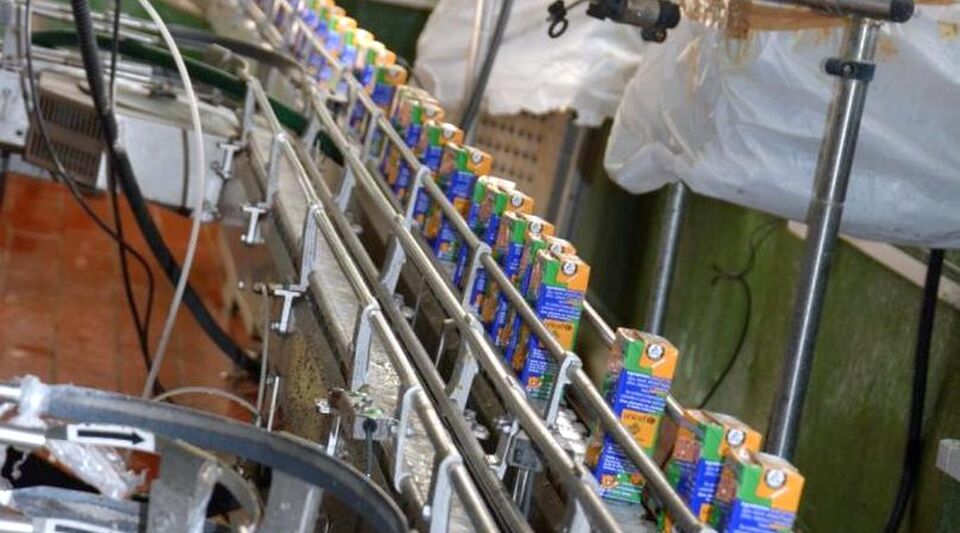The Food and Beverage company La Estancia, which in 2021 was the only that complied with production plans in Sancti Spíritus, failed to overcome the crisis this year and since last June stopped its machines due to lack of financing to package Osito compotes and box nectars.
Two weeks before the end of 2022, Aydel Toledo, director of the plant, offered a balance on the production of La Estancia to the provincial newspaper Escambray, to which he pointed out that they stopped making products equivalent to 75 million pesos, mainly due to the lack of resources to buy containers with Tetra Pak technology.
The official added that they have been forced to look for alternatives to supply part of the market.
The shortage is noticeable in the Havana wineries, where they report that they have not distributed compote for two months
The plant has practically stopped since the middle of the year, Toledo acknowledged, and even stopped making the Osito compote that is distributed in the family basket in 200-milliliter (ml) containers, a drink made from fruit pulp, water, sugar, starch, citric acid, vitamin C and iron lactate.
The shortage is noticeable in the Havana wineries, where they report that they have not distributed compote for two months, a food that despite its nutritional deficiencies is an alternative in the poorest homes preferable to sugar water.
The company should have produced 22,000 tons – a large part of which is destined for tourism – in 2022, but Toledo warned that reaching that figure “will be impossible” due to the lack of planned maintenance of the machinery.
The help from China will be essential, according to the manager, since they hope to produce nine million containers that will cover the three-month distribution thanks to the Asian country, which will send a shipment in “the first days of January to resume production,” he said. .
Without explaining what the relationship was, the official assured that the US embargo has “tripped” the plant because at times they have had to give up the purchase of containers from Mexico and Brazil.
Without explaining what the relationship was, the official assured that the US embargo has “tripped” the plant because at times they have had to give up the purchase of containers from Mexico and Brazil, to buy them in Turkey instead. despite the distance, which delays the transfer and increases the cost of the product.
As in the rest of other industries, La Estancia has been forced to diversify its production to survive, in this case with tomato derivatives and lemon dressing, as well as nectars with soy milk proteins, which are sold in bulk to the population and in freely convertible currency (MLC) stores. Toledo assured that close to 930 tons of these drinks have been marketed, which “have a lot of acceptance” by Cubans and it is probable that they will maintain them when the traditional lines are resumed.
“Despite the difficulties, we still maintain a slight profit thanks to production alternatives,” said Toledo, confirming that they had to lay off 40 workers due to low manufacturing levels. “In the future, when we already have the containers, we are concerned about the increase in the cost of national raw materials, the price of fruit pulps has risen a lot and our products are going to be very expensive on the market,” he warned.
________________________
Collaborate with our work:
The team of 14ymedio He is committed to doing serious journalism that reflects the reality of deep Cuba. Thank you for accompanying us on this long road. We invite you to continue supporting us, but this time becoming a member of our newspaper. Together we can continue transforming journalism in Cuba.








